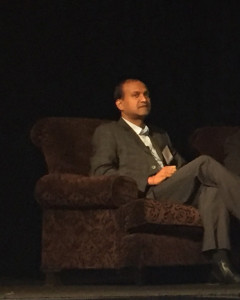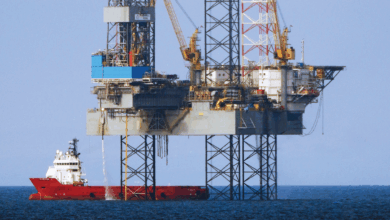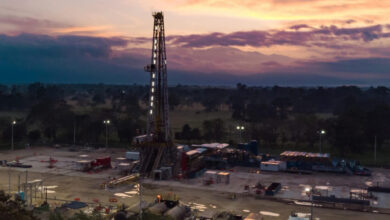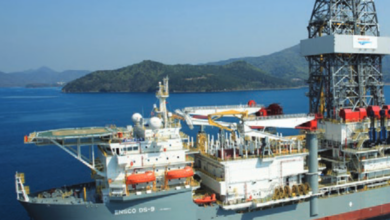Nabors programs help employees maintain focus on critical tasks
By Alex Endress, Editorial Coordinator

As more rigs get stacked due to lack of work, rig-based employees can lose focus on everyday duties due to increasing concerns for their professional futures. “They’re all worried about what’s next in terms of work itself, and this is quite a safety concern,” Gagan Singhal, Area Manager for Nabors Drilling International, said at the 2016 IADC Drilling HSE&T Asia Pacific Conference in Kuala Lumpur on 24 February. Mr Singhal was speaking during a panel session on how to maintain HSE standards with smaller budgets during the downturn.
He discussed initiatives Nabors is implementing to help rig workers stay focused. One such effort is the Professional Follow Procedures program, launched this year. It builds on Nabors’ Professional Oilfield Practices program, which was established three years ago as a way to remind workers to focus on their essential duties. “It is a daily reference of essential procedures summarizing some of the best practices of the industry to conduct these operations safely and efficiently,” Mr Singhal said. These best practices pertain to three categories: operational safety, drilling operations and tripping operations. The program highlights the best practices with a brief description and codes each procedure based on level of importance.
This year, the company established the Professional Follow Procedures program as a way to support the communication of best practices to employees. It is intended to foster a deeper focus on critical duties and prevent costly HSE incidents. Some of the critical operations emphasized include how to address kicks, BOP testing, proper flow check procedures and valve setting verification for well control. Routine tasks are also discussed, such as wearing proper safety attire and ensuring proper hand placement and tong handling during trips. Under the program, if the driller is notified of any unsafe behaviors or conditions, he or she is responsible for making sure a stop work authority is applied and that employees are notified to cease any unsafe activity.
As part of the new program, teams of engineers, HSE and operations personnel communicate on a monthly basis regarding the status of the best practices included in the Professional Oilfield Practices. However, the point of these meetings is to have meaningful discussions on critical procedures and how to improve them to optimize safety – not merely to add more documentation. “This is not more checklists or anything of that sort,” Mr Singhal said. These teams also discuss and consider what could happen if the procedures are not completed, even relating situations to real offshore HSE incidents. “That helps (employees) absorb the procedure of the best practice in a more emotional manner.”
Acknowledging that the downturn may be causing tensions among employees, Mr Singhal also emphasized the importance of clear communication about the market’s effect on the company. Employees’ achievements must also continue to receive appropriate recognition. “When we’re on tight budgets these days, the last thing we want to cut is the recognition of the folks who are actually doing the work,” he said. “Share with your employees the big picture and how the current environment is going to affect our business as a contractor… Be transparent – it helps build trust, which certainly is needed in the current difficult times.”




